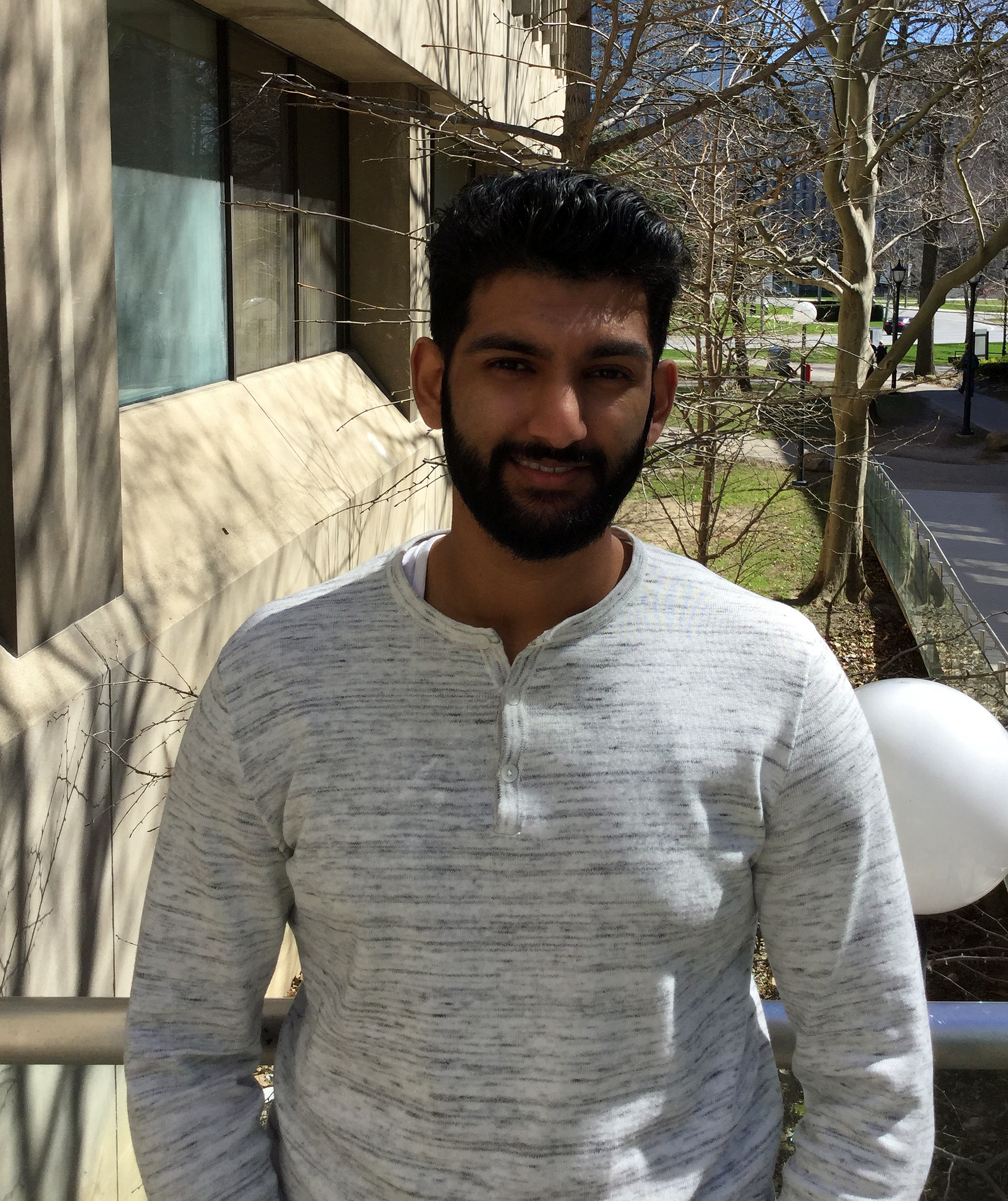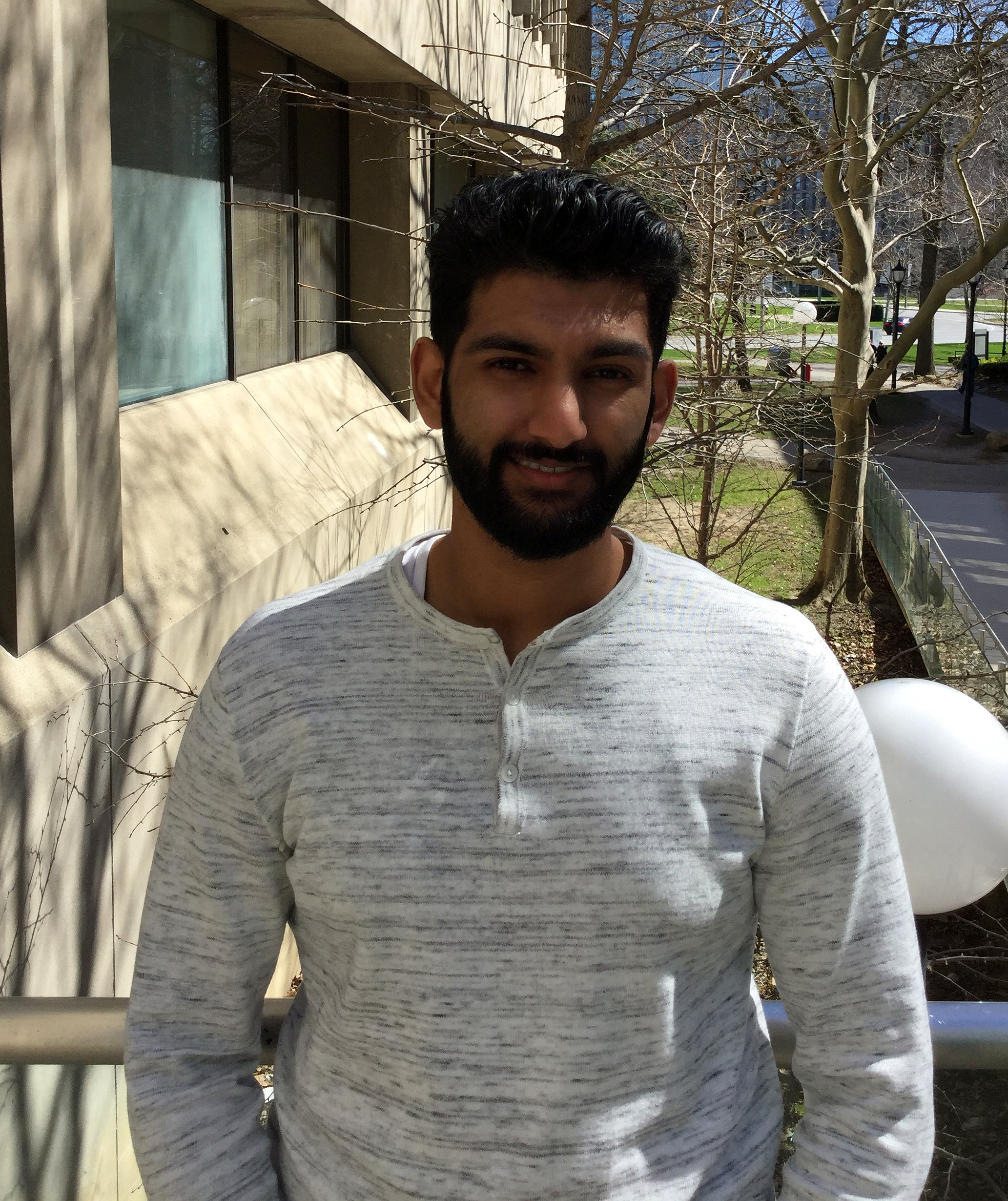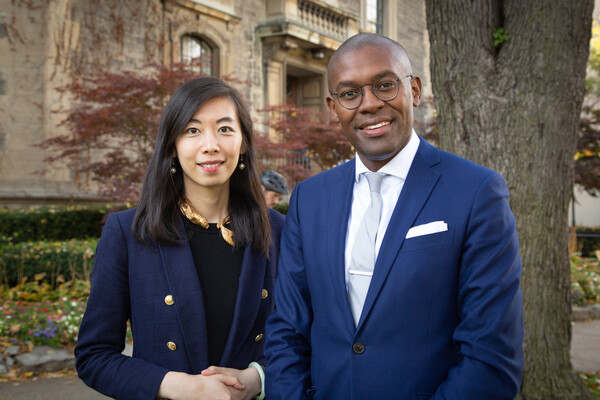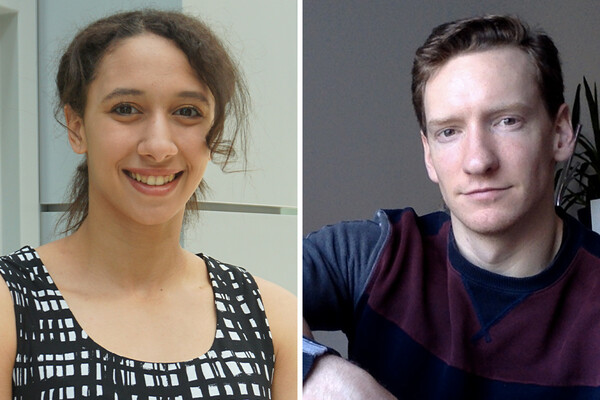Breadcrumbs
- Home
- MD/PhD Program
- News
- Admissions blog: Student advice on managing your finances
Admissions blog: Student advice on managing your finances

U of T MD Student Manpreet Basuita shares his perspective on how to manage your finances while in medical school.
The costs of medical school can be quite staggering, especially when considering the expenses related to living in one of the most expensive cities in Canada. For students, no matter what the cost is, financing their education will always be expensive. However, a unique challenge for students living in Toronto today is the unprecedented real estate market which is forcing students to allocate more resources towards financing their apartment/condominium purchase or rent. After adding up tuition, rent, and all other expenses related to being a student, it is not a stretch to say that you can easily spend $50,000 per annum.
Although, the cost of medical school in Toronto can seem like a lot, I believe that we are very lucky to be in a Canadian medical school, especially at Toronto. For one thing, take a look at this quote right off U of T’s financial aid website: The fundamental principle of the University of Toronto (U of T) Policy on Student Financial Support (PDF) states that no student offered admission to its programs will be unable to enter or to complete the program due to a lack of financial means. There are very few places in the world that will make this sort of commitment to their students and so, I think the university should be applauded for their efforts to remove financial barriers to a student’s education. U of T also offers several grants to help provide an additional source of funding to help cover the discrepancy between OSAP provided and tuition cost. But most of this stuff you already knew and I’m not telling you anything new.
 What I can tell you, that may be of value to you, is how you can help reduce your debt load through increasing your income. If you look at debt fundamentally, it is the result of expenses outweighing income. Since, you aren’t bringing in any money while expenses are accruing, those expenses are financed through the popular medical student phrase: “putting it on the line of credit”. I am going to suggest some ways that I feel are good options to increase your income while in medical school. This will mostly apply to the first 2 years of medical school, but in some cases may extend into the latter 2 years as well.
What I can tell you, that may be of value to you, is how you can help reduce your debt load through increasing your income. If you look at debt fundamentally, it is the result of expenses outweighing income. Since, you aren’t bringing in any money while expenses are accruing, those expenses are financed through the popular medical student phrase: “putting it on the line of credit”. I am going to suggest some ways that I feel are good options to increase your income while in medical school. This will mostly apply to the first 2 years of medical school, but in some cases may extend into the latter 2 years as well.
Scholarships, Awards, Research: These are pretty self-explanatory and I think most medical students are aware of these opportunities. There are lots of scholarships, awards, and research funding opportunities available at U of T, just make sure you’re on top of it and don’t miss the deadlines.
Tutoring: The demand for tutoring services is higher now than ever. You can make good money, it’s flexible, and it’s easy.
Some companies you can look into: Tutor Doctor, Qualified Tutors, Chegg*, First Tutors Canada, and Kijiji Ads if you want to go the self-employed route.
*Chegg: online tutoring platform where you can tutor from the comfort of your home and they pay you in American dollars, so you’ll make even more with the low dollar after conversion.
Blogging: If you’re passionate about anything, you can start blogging. You don’t make money off the blogging itself, but you do make money by featuring ads on your blog, which will generate more money for you if you have a strong volume of traffic. You like to travel? Okay, so take all your pictures, compile them and make a travel blog.
How do you get the ads on your blog? You sign up for Google AdSense, which puts ads on your website and pays you when someone clicks them.
If you blog about a certain product, you can include links to that product (i.e. through Amazon’s Affiliate Program mentioned below) on your blog and get paid every time somebody buys that product through your personalized link.
Amazon Affiliate Program: Amazon pays you a commission to sell their products. I’ll give you the example I used: I went to Amazon and looked at their top-sellers. When I found what that top-seller was, I’d create short videos (about 1 minute long) on YouTube advertising that product. In the description, I had a personalized link to that product on the Amazon website. Whenever somebody bought that product or any other product within 24 hours of clicking the link, you make a commission.
If you like to read, you can start a website where you review recent books you’ve read and place the links to those books on Amazon. There’s a lot to do with this and it’s hard at first, but it can prove to be a good source of passive income even beyond medical school.

Pet sitting: Okay, so this is something I haven’t done, but I’ve heard this is quite lucrative especially in downtown Toronto. There’s a lot of websites that help connect the person demanding the service and the person supplying, so a simple Google search should give you a lot of options to choose from.
This will be more possible during the first 2 years of medical school and should be a relatively easy source of income
Investing: A lot of people stay away from investing because it’s “risky” and they feel they don’t know anything about how to invest. Physicians are one of the easiest targets for banks because 1) they make a lot of money, which the bank can use to generate more income for themselves and 2) the average physician knows very little about investing. So, it is definitely in your best interest to learn common investment principles to ensure you can build for your future.
I would suggest meeting with a representative from MD Financial and looking at potential investment instruments. The good thing about MD Financial compared to banks is that they understand your unique situation as a medical student and they do not get paid in the same way that bank representatives do (I was not paid by MD Financial to say this, this is just what I believe).
There is a caveat here and that is if you invest money (i.e. stock market, mutual funds, etc.), you will have to declare it on your OSAP applications and this could decrease how much funding you are given.
In a country where debt to income levels are at an all-time high (don’t be fooled by the high salaries of physicians), it is in the best interest of students to take a head-on approach to reducing their debt load as early in their career as possible and not solely rely on the school or the government to finance their education.
News


